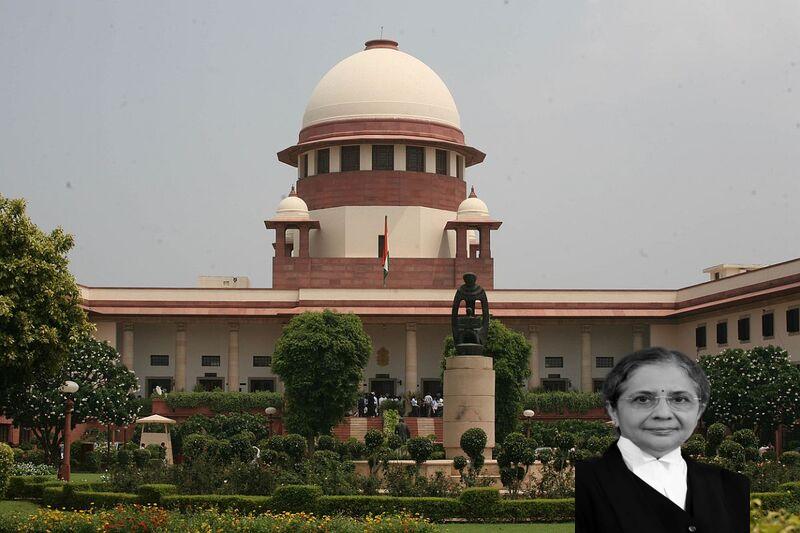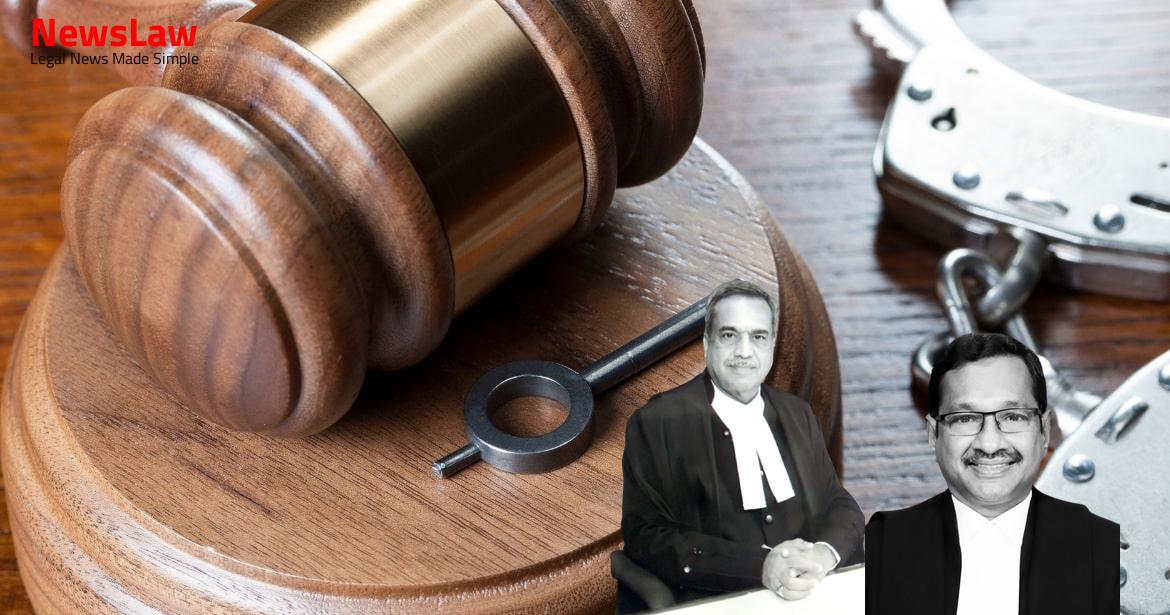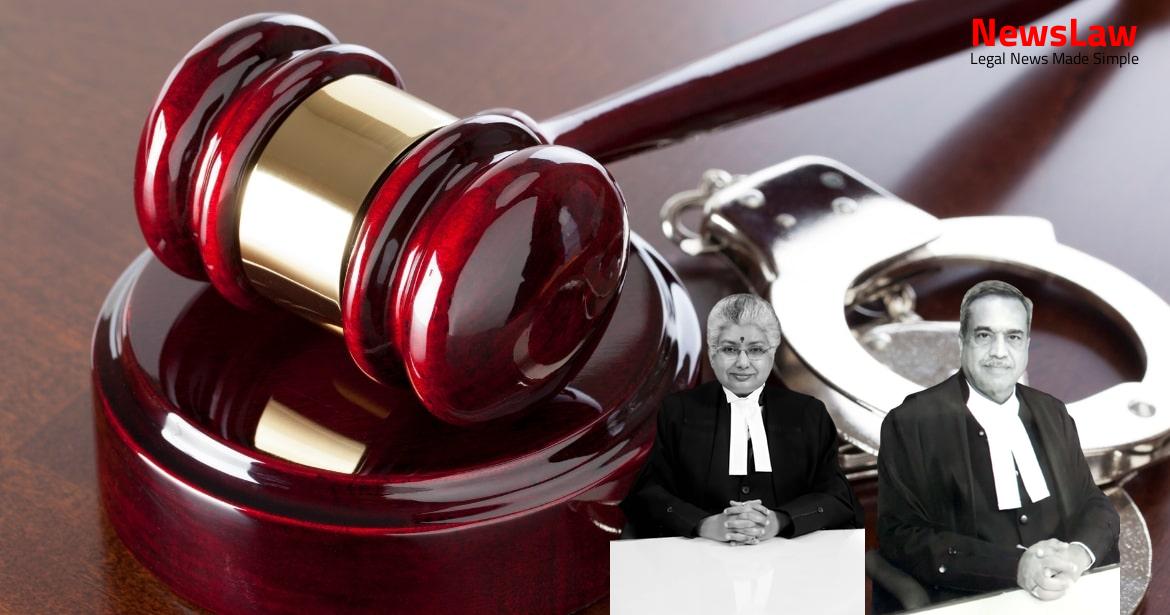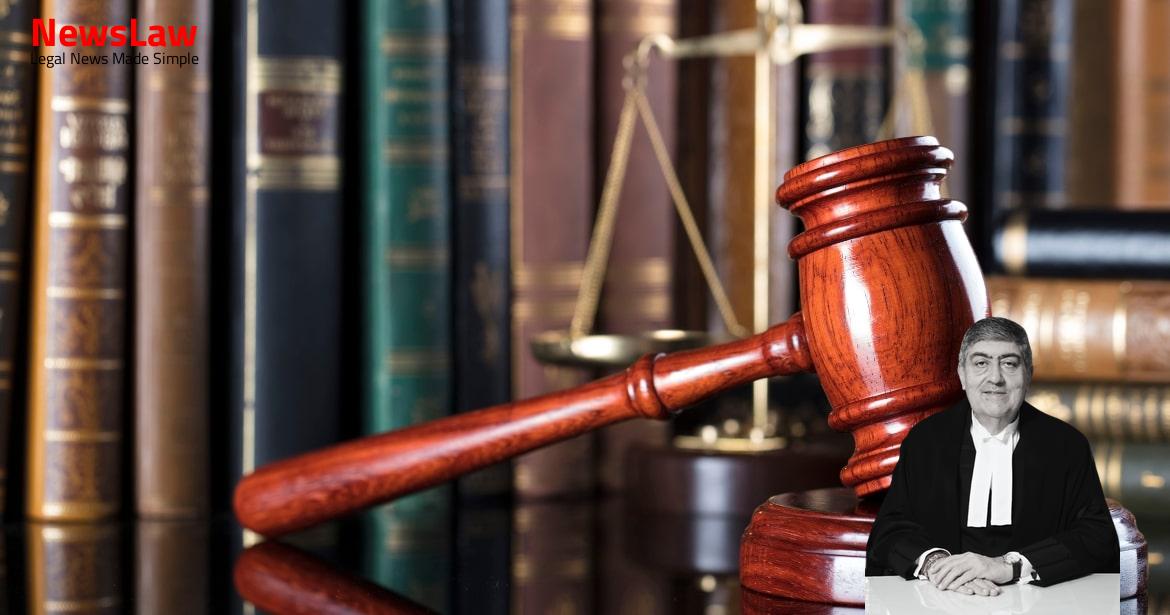The Trial Court had convicted the appellant accused no.1 P.Sarangapani for the offences under Section 7 and Section 13(1)(d)r/w 13(2) of the Prevention of Corruption Act, 1988 (for short, the PC Act) and sentenced him to imprisonment for one year and pay a fine of Rs.1,000/- in default, to suffer Simple Imprisonment for three months for the offence under Section 7 and to suffer Rigorous Imprisonment for two years and pay a fine of Rs.2,000/- in default, to suffer Simple Imprisonment for six months for the offence under Section 13(1)(d)r/w 13(2) of the P.C. The case of prosecution in nutshell was that the appellant accused Sri Sarangapani while discharging his duty as the Sub Registrar, Cooperative Societies had demanded and accepted a sum of Rs.1500/- as gratification other then legal remuneration from the defacto-complainant Sri Immadi Laxmaiah on 27.03.1993, for himself and for the accused no.2 P.Vasudev, the Deputy Registrar Cooperative 3 Societies in the office of Divisional Cooperative Khammam, as a motive or reward for showing an official favour, in allowing the complainant to continue as the President of the Society, and thereby both the accused had committed the offence under Section 7 and Section 13(1)(d)r/w 13(2) of the PC Act. Laxmi Narsu, one of the mediators (panch witness) working as Agricultural Officer, in the office of Joint Director Agriculture Khammam was examined to prove the pre-trap and post-trap proceedings. The Trial Court after appreciating the oral as well as the documentary evidence adduced by the prosecution, held that the prosecution had proved the charges levelled against the appellant/ accused beyond reasonable doubt. State of Andhra Pradesh, he submitted that it was (2014) 13 SCC 55 6 required to be proved by the prosecutor beyond reasonable doubt that the accused had voluntarily accepted the money knowing it to be a bribe, and in absence of proof of demand for illegal gratification, presumption Section 20 could not be drawn against the accused. It is well settled proposition of law that the death of the complainant or non- availability of the complainant at the time of trial could be said to be fatal to the case of prosecution, nor could it be said to be a ground to acquit the accused.
The court therefore was required to appreciate the evidence laid by the prosecution in the light of the said explanation and to consider as to whether the said amount was an illegal gratification other than the legal remuneration or not. — Where, in any trial of an offence punishable under section 7 or under section 11, it is proved that a public servant accused of an offence has accepted or obtained or attempted to obtain for himself, or for any other person, any undue advantage from any person, it shall be presumed, unless the contrary is proved, that he accepted or obtained or attempted to obtain that undue advantage, as a motive or reward under section 7 for performing or to cause performance of a public duty improperly or dishonestly either by himself or by another public servant or, as the case may be, any undue advantage without consideration or for a consideration which he knows to be inadequate under section 11.” 11. (g) Insofar as Section 7 of the Act is concerned, on the proof of the facts in issue, Section 20 mandates the court to raise a presumption that the illegal gratification was for the purpose of a motive or reward as mentioned in the said Section.
Both the courts below have recorded the findings that the prosecution had proved beyond reasonable doubt the conscious acceptance of the tainted currency by the accused and also the recovery of tainted currency from the appellant. We do not see any valid ground to interfere 12 with the well considered findings recorded by both the courts below.



